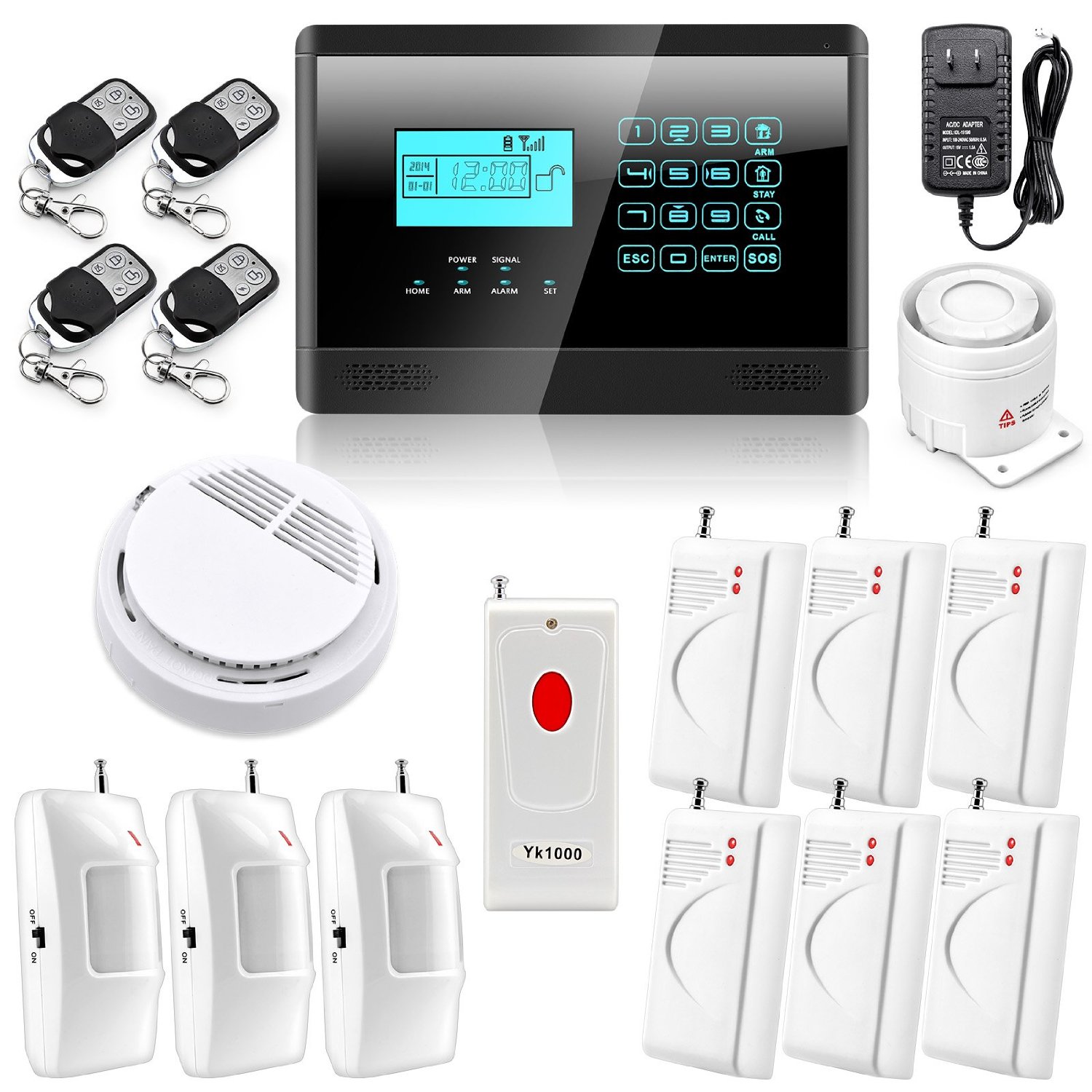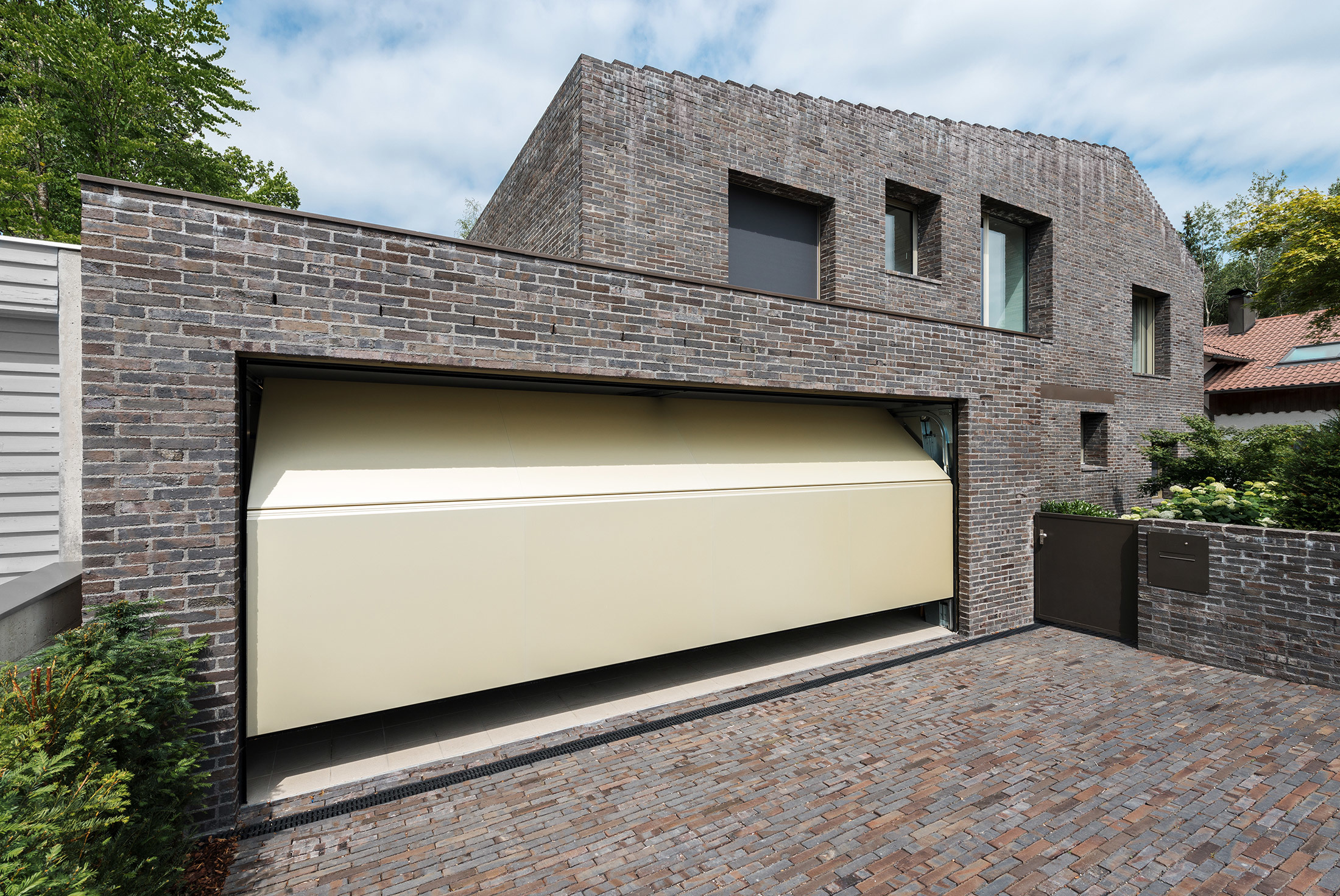Despite their new features, they still provide homeowners and families protection from invasions, burglaries, and trespassing. Most home security systems have changed a lot over the years. Home monitoring systems have become more advanced, providing homeowners with more options to choose from. Here are some factors to consider before buying one.
Which One Should You Choose?
While most home monitoring systems see similar, they have varying features. Some systems have video surveillance while others are just keypads alert you when someone enters your home. There’s also the option of using a monitored or unmonitored home security system. Monitored home systems alert you of unauthorized access in your home. The alarm is triggered, and a phone call is made to the local police station. An unmonitored home security system alerts your neighbors to call the police if there’s someone on your property.
Consider Self-Monitoring Systems
Self-monitoring systems are becoming increasingly popular with homeowners. This allows you to get an alert in the form of a text message or e-mail on your smartphone, giving you control of the situation. You can decide whether it’s a false alarm or a serious situation that should involve the authorities. This isn’t the best security system. What happens if you don’t happen to see the alert because your phone is on silent? Use a central monitoring system that alerts you around the clock whenever your alarm is triggered.
There are DIY kits that include central monitoring rather than self-monitoring. If you choose this home security system, make sure it has the Central Station Alarm Association (CSAA) certification displayed on it. This means that the central monitoring system has to follow strict standards and regulations. This ensures that the customer service will respond to your situation as quickly as possible.
Wireless vs. Hardwired
Most home monitoring systems are hardwired but come with wireless technology. Avoid using a home security system that requires the use of an analog line. Analog lines will be obsolete in the future, and you don’t want your home security system to become outdated. You should choose a home monitoring system that uses wireless technology whether it’s via the internet or cell phone communication. If you want to use a hybrid system, use one that communicates over a data network and works through your internet. Using data capabilities prevents your system from going down in the event of a power outage. Make sure your home security system has battery backup in the event of a power outage. Many home monitoring systems don’t come with one.
What’s Your Budget?
The next thing you should do is determine your budget. Home monitoring systems offer a wide variety of features and services. They also come in a wide variety of prices. The high-tech home monitoring systems typically cost more and you may have to pay for additional fees such as a monthly subscription. Most monitored systems require you to pay a monthly fee, while unmonitored systems don’t since they don’t automatically call 911. Some homeowners look for a home security system that provides them with high quality and more features, while others want something without all the fixings.
Before buying the first home security system you see, you should figure out your budget. Keep in mind the installation fees, if you need the help of a professional. While there are many home monitoring systems that come with professional installation, there are some that allow you to do-it-yourself.
Read the Reviews
This isn’t a step you can’t afford to skip. Reading other customer reviews will help you make the right decision. Reading online reviews provides you with insight on the installation process, the customer service of the security company, and features that are offered. It’s important to read reviews since most home security companies require homeowners to sign a contract that lasts from one year to three years. No one wants to be stuck in a contract they can’t get out of.




